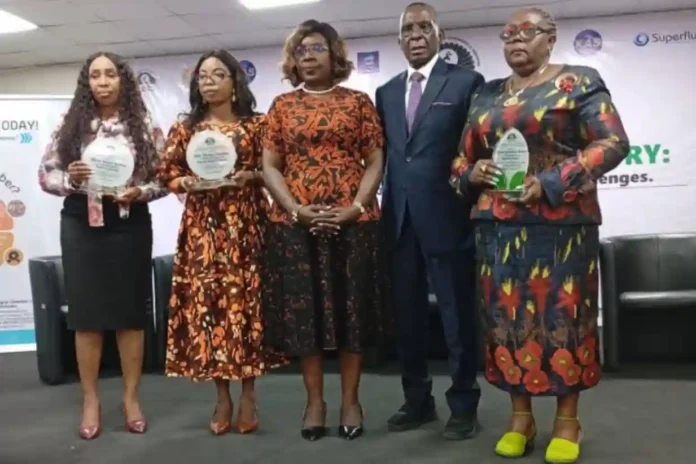Lagos State Government has reaffirmed its commitment to strengthening the local printing industry through strategic partnerships and supportive policies aimed at boosting economic growth and innovation.
The State Commissioner for Information and Strategy, Mr. Gbenga Omotoso, stated this during a seminar organised by the Printing, Publishing and Allied Group of the Lagos Chamber of Commerce and Industry (LCCI), held recently in Victoria Island.
Speaking on the theme, “Nigeria’s Printing Industry: Unlocking Opportunities, Overcoming Challenges,” Omotoso described the printing sector as one of the oldest in Nigeria’s creative industry, adding that it continues to play a major role in job creation and entrepreneurship.
He noted that the Lagos State Government recognises the economic importance of the printing industry and remains focused on driving digital transformation, supporting entrepreneurs, and promoting sustainable growth within the creative economy. “Governor Babajide Sanwo-Olu’s administration understands the value of the printing industry to the economy and is committed to creating a business-friendly environment,” Omotoso said.
In his remarks, the President of LCCI, Mr. Gabriel Idahosa, called for the repositioning of the printing sector as a vital pillar of Nigeria’s creative and manufacturing economy. He emphasised the need for multi-dimensional strategies to drive innovation, enhance human capital development, promote sustainability, and align government policies with industry goals.
The Chairman of the Printing, Publishing and Allied Group at LCCI, Mr. Gabriel Okonkwo, highlighted the growth potential of the sector, noting that Africa’s printing industry is valued at about 10 billion dollars, with Nigeria contributing between 800 million and 1 billion dollars annually. He explained that the seminar was organised to foster collaboration among stakeholders and strengthen local production capacity.
A panel session titled “Unlocking Nigeria’s Printing and Publishing Potential: Policy Pathways and Financial Solutions” featured experts from the financial sector, academia, and the printing industry. Participants recommended policy reforms to remove financial barriers, review tariff structures for raw materials, and implement a “Nigeria First Policy” to promote local content and protect domestic producers.

